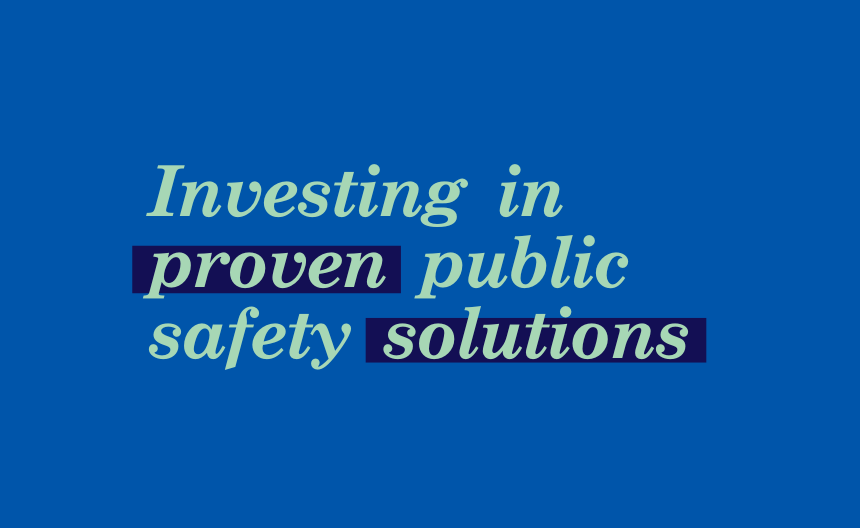By James Duff Lyall, Executive Director, ACLU of Vermont
Our communities are still struggling through the pandemic and its harmful impacts on mental health, substance use, and affordable housing. It’s clear that we still need to do far more to support one another and to build healthy, safe, and vibrant communities.
Vermont voters know this. If there had been any doubt, last week’s 2022 primary election results established conclusively that voters expect their elected officials to reform our criminal legal system by investing in people over prisons.
For example, in the Chittenden County state’s attorney race, the incumbent – Vermont’s first and only elected prosecutor to reform our wealth-based bail system and take action to address persistent racial disparities in traffic stops – was challenged by a so-called “tough on crime” candidate.
In the end, voters in each of Chittenden County’s thirty-six districts sent an emphatic message in favor of criminal justice reform, reiterating their support for humane, equitable, and community-based solutions.
And it wasn’t just Chittenden County. In other local and statewide races, candidates who advocated for reimagining public safety prevailed, while those who sought to turn back the clock did not.
The message is clear: the people of Vermont have long since turned the page on the failed “tough on crime” policies of the past. They want their elected officials to reduce our reliance on prisons and reimagine public safety for the sake of our communities.
As one local commentator said, the 2022 primary election results represent a “big win for criminal justice reform.”
Now is the time to come together and work on solutions. And we know what those solutions are. We know we need to significantly expand investments and strategies for addressing a mental health crisis – Burlington police alone reported a ninety percent increase in mental health incidents over the past decade. That’s not something the police can or should be expected to solve.
We know we need to improve access to drug treatment and expand harm reduction strategies. More Vermonters died of overdoses last year than ever before, and it’s time to respond with the bold and compassionate ideas Vermont is known for.
We know we need long-term investments to address the severe shortage of affordable housing – the number of people without permanent shelter doubled during the pandemic and people are turning down jobs in Vermont for lack of housing. The short-term investments and initiatives Vermont has pursued have not been up to the task – it is obvious we need to do more.
And, we know we need to adopt commonsense gun laws. Law enforcement voices calling for those reforms should be at the table in the coming legislative biennium.
These are the things that ensure safe, thriving communities and that’s what Vermont voters rightfully expect their elected officials to prioritize.
They are also calling for further progress reforming our criminal legal system with evidence-based, data-informed policies. These include ending our wealth-based system of bail, reducing barriers to successful community re-entry for people leaving prison, and prioritizing community-based justice programs over traditional, punitive systems that have not made our communities safer.
Finally, Vermonters also expect police to be accountable for their actions and to serve all our communities equitably and with integrity. We still don’t have the policies in place to foster a stronger culture of accountability in law enforcement, and all of us – law enforcement officials included – should have a strong interest in changing that.
The fact remains that we as a society have drastically underfunded our social safety net for generations. We can’t expect police and corrections officers to make up for that, or to fix it for us – and we can’t keep ignoring the disproportionate harm done to BIPOC communities, particularly Black Vermonters, when we do.
We invite everyone who calls Vermont home – including those in law enforcement who recognize the necessity of moving forward together – to join us in ensuring that communities have the resources and reforms they need to thrive.
A version of this post was published as an opinion editorial in Times Argus and other outlets.

